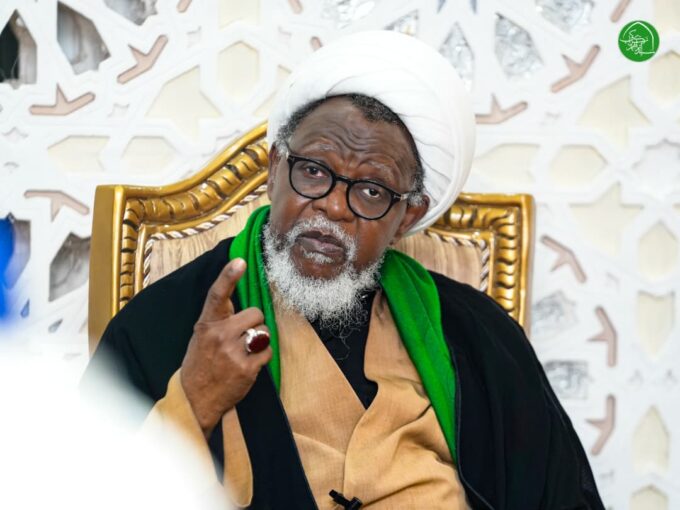The Federal Government has called for clear ethical guidelines to regulate the use of Artificial Intelligence (AI) in journalism, warning that without proper oversight, AI could threaten press freedom and public trust.
The Minister of Information and National Orientation, Mohammed Idris, emphasized the need for responsibility alongside innovation during the 2025 World Press Freedom Day journalism training in Abuja.
The event, themed “Reporting in the Brave New World: The Impact of Artificial Intelligence on Press Freedom and the Media,” was organized by the Centre for Journalism Innovation and Development (CJID) and Konrad Adenauer Stiftung (KAS).
Represented by Dr. Suleman Haruna, Director of Press, Public Relations, and Protocol, Idris stressed the importance of balancing technological advancement with accountability. “Freedom must come with responsibility,” he said. “As we embrace AI’s potential to transform journalism, we must establish appropriate legal safeguards and ethical frameworks.”
He noted the growing difficulty in distinguishing human-generated content from AI-produced material, raising concerns over transparency, bias, and accountability. The minister also highlighted ongoing efforts to develop a national AI policy for the media, aimed at fostering innovation while protecting journalistic integrity.
Akintunde Rotimi, Chairman of the House of Representatives Committees on Media and Public Affairs, expressed concerns about AI’s limitations in upholding journalistic values. “Let us not be deceived: technology is a tool, not a conscience,” he said.
“AI has proven capable of generating grammatically perfect articles, composing music, and processing vast amounts of data with breathtaking speed. But what it cannot replicate is moral clarity, human empathy, or the moral courage to challenge power—all of which lie at the core of the journalistic vocation.”
While acknowledging AI’s potential to enhance reporting, verification, and dissemination, he warned of its misuse, particularly in spreading false information.
During a discussion on “Fake News, Political Agenda, and the Erosion of Public Trust in the Media,” Rotimi described fake news as a deliberate tool for manipulation rather than a passing trend. Media executives at the event echoed these concerns, calling for stricter measures to prevent politicians and other actors from exploiting media platforms to spread disinformation.
The Executive Director of CJID, Akintunde Babatunde, reminded attendees that World Press Freedom Day serves as a critical reminder for governments to uphold press freedom. The event concluded with a consensus on the need for collaboration between policymakers, journalists, and technologists to ensure AI serves the public interest without compromising ethical journalism.















Leave a comment